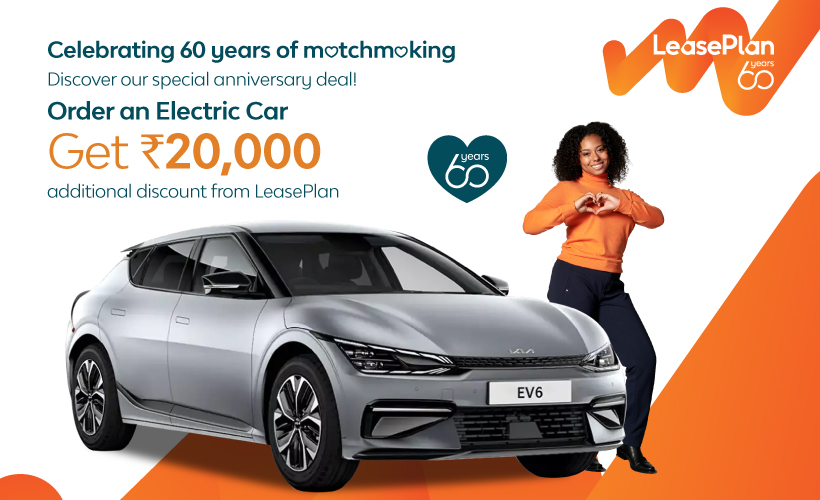As the charging network grows in India thanks to Tata Power, Ather Grid, EESL, Magenta Power, NTPC and many more players, practicality of an EV will be at par with what we enjoy currently with petrol and diesel powered machines. The world is changing and as we move towards cleaner and greener solutions, we can stop fretting and embrace the change, for EVs are fun machines that offer a totally different level of excitement and capabilities. It is about time that we bust the most common myths around EVs.
Electric vehicles are slow
This is as far from the truth as possible! EVs in most cases are much faster than their petrol and diesel counterparts as they offer all that power and torque literally from the moment you step on the accelerator. The Tesla Model S can do the 0-100km/h in just 2.1 seconds, and the Porsche Taycan does the same dash in 2.8 seconds flat! On the domestic front, the Tata Nexon EV does the dash in a solid 9.9 seconds, which is faster than its petrol or diesel counterparts.
EVs are expensive
The technology is getting more affordable by the day. EVs started out at the top end of the price spectrum, but today we have the Tata Tigor EV for just 11.99 lakh and Mahindra is planning on the XUVe100 to be in the INR 7-8 lakh range. In the next few years, we should see more affordable EVs on our roads.
EVS are unsafe
EVs are put through the same rigorous testing for safety by car manufacturers as regular cars. Their crashworthiness, structural rigidity, performance, stability and all the other defining factors are tested to ensure maximum safety for passengers. As far as the batteries are concerned, they stand a lower chance of catching fire or exploding when compared to petrol or diesel powered models. The big question on safety however has always been to do with water and driving in the rain. Once again, EVs are tested for this, and you can be rest assured that your EV can deal with the monsoons like any other car can.
EVs are costly to maintain
EVs cost less to keep running than ICE-powered vehicles. EVs don’t require regular oil changes or tune-ups, and there are far fewer moving parts to eventually fail and need replacing. Also, they use a simple one-speed transmission and there are no components like spark plugs, valves, fuel tank, muffler/tailpipe, distributors, starters or drive belts on board that could fail with wear and tear.
EVs take too long to charge
With newer batteries and technological breakthroughs, the time taken to charge an electric car has decreased sharply. DC fast charging technologies allow for most EVs to get up to 80 per cent battery power within 30 minutes to an hour.
Electric vehicles run out of charge quickly
A common misconception is that your electric car will run out of charge and that you will be stranded by the side of the road. This is also known as range anxiety. EVs are now coming with enough range to ensure that this sort of situation doesn’t arise. Most EVs boast of a 500km range per charge, while smaller EVs like the Tigor and Nexon in India come with at least 300 km of range per charge.











